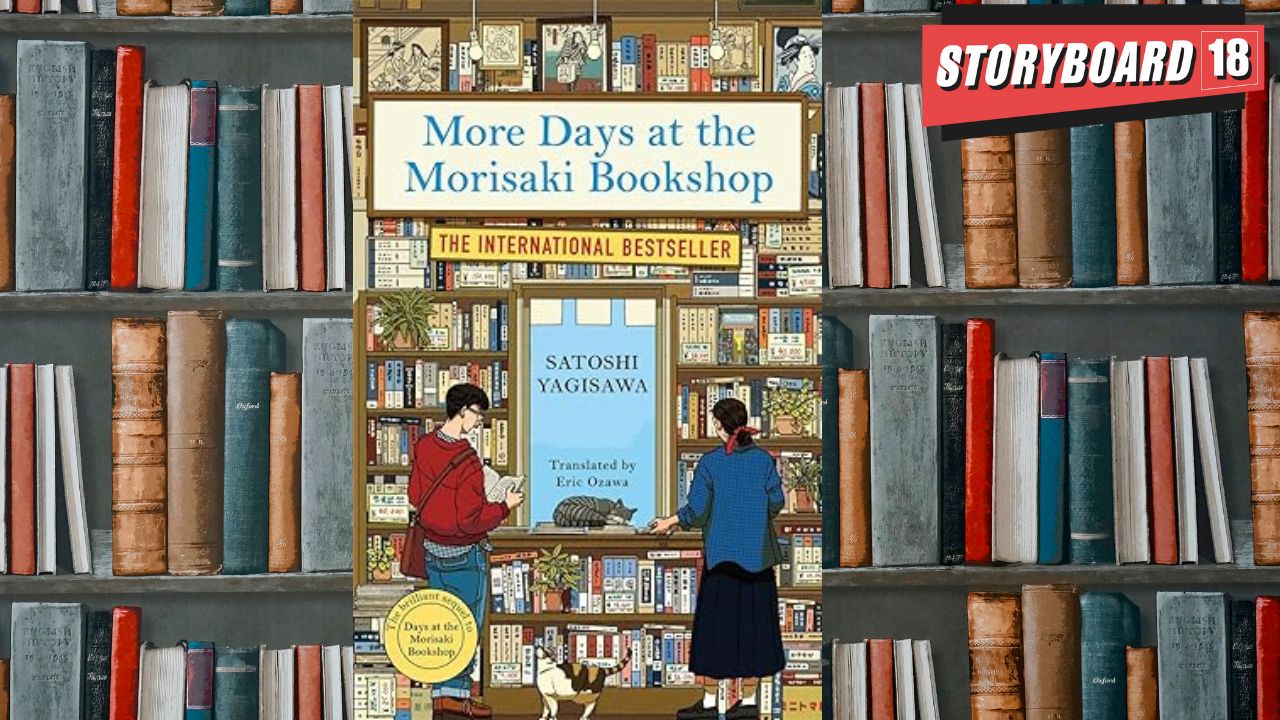LETS KEEP THE BOOKSTORE NOVELS COMING
A sequel can make sense only to someone who has read the original book- at least that’s what I believe. So, when the opportunity to review ‘More Days at the Morisaki Bookshop’ came my way, I started by reading its prequel, ‘Days at the Morisaki Bookshop.’ I finished both the books in five hours flat. That’s how easy and involving the tale is – simple storyline, highly charged emotions- and that’s perhaps the formula for how a book of fiction becomes a bestseller!
Stories set in bookstores have their own quaint charm; have you read A Bookshop of One’s Own, a true tale penned by feminist icon Jane Cholmeley? If not, make sure to put it on your reading list.
Here are our five Bookstrapping insights
1. Can a work of fiction be fast as well as slow at the same time? In ‘Days at the Morisaki Bookshop, the reader is introduced to Takako, a young lady who is navigating her way through life, heartbreaks and her career; everything that a young person might experience. She somehow begins to care for her maternal uncle Saturo Morisaki, who runs the eponymous bookstore and his wife Momoko. It is an intensely emotional tale set in a very idyllic environment. In fact, the emotions of the protagonists become more evident, thanks to the languid pace of the novel.
2. The book, strangely enough, introduces us to many readers and begs the question – what does a book mean to the lives of people? How can it bring people together? The book celebrates the curious, real Jimbocho neighbourhood of second-hand book shops in Japan and the people who run these bookstores.
3. The Morisaki Bookshop, one among 170 bookshops stocking second hand books in the area, is known for ‘modern Japanese literature.’ It was not a successful business by any means. But it supports an entire community of people in a uniquely symbiotic manner; people who get to know each other over time and offer social support to each other in very meaningful ways.
4. A very significant part of the book is the story of several Japanese authors and booksthat are imbued into the tale as conversations. The tales of Osamu Dazai, Junichiro Tanizaki, and Sakunosuke Oda come alive in the book as conversations between the protagonists. Memories, identities and culture come alive in a simple story told with great empathy.
5. The two novels raise many questions- could reading be a way to open yourself to the world? Is reading a solitary act after all? How about the work of the many people behind the scenes, who place a book in your hands? And can reading a book change the course of your life?
Yes, I do have a soft corner for novels set in bookstores. Maybe they will propagate the magic of bookstores and reading themselves by bringing that imagery alive.
I’m tempted to mention one more book. ‘The Storied Life of A.J. Fikry’ by Gabrielle Zevin, a dramatic novel! In the book, A.J. Fikry, the grumpy owner of Island Books, finds a 2-year-old child sitting on the floor, with a note attached to her, asking Fikry to look after her! Wow!
After all, anything can happen in a bookstore.
Reeta Ramamurthy Gupta is a columnist and bestselling biographer. She is credited with the internationally acclaimed Red Dot Experiment, a decadal six-nation study on how ‘culture impacts communication.’ A reading coach, you can find her on Instagram @OfficialReetaGupta.
